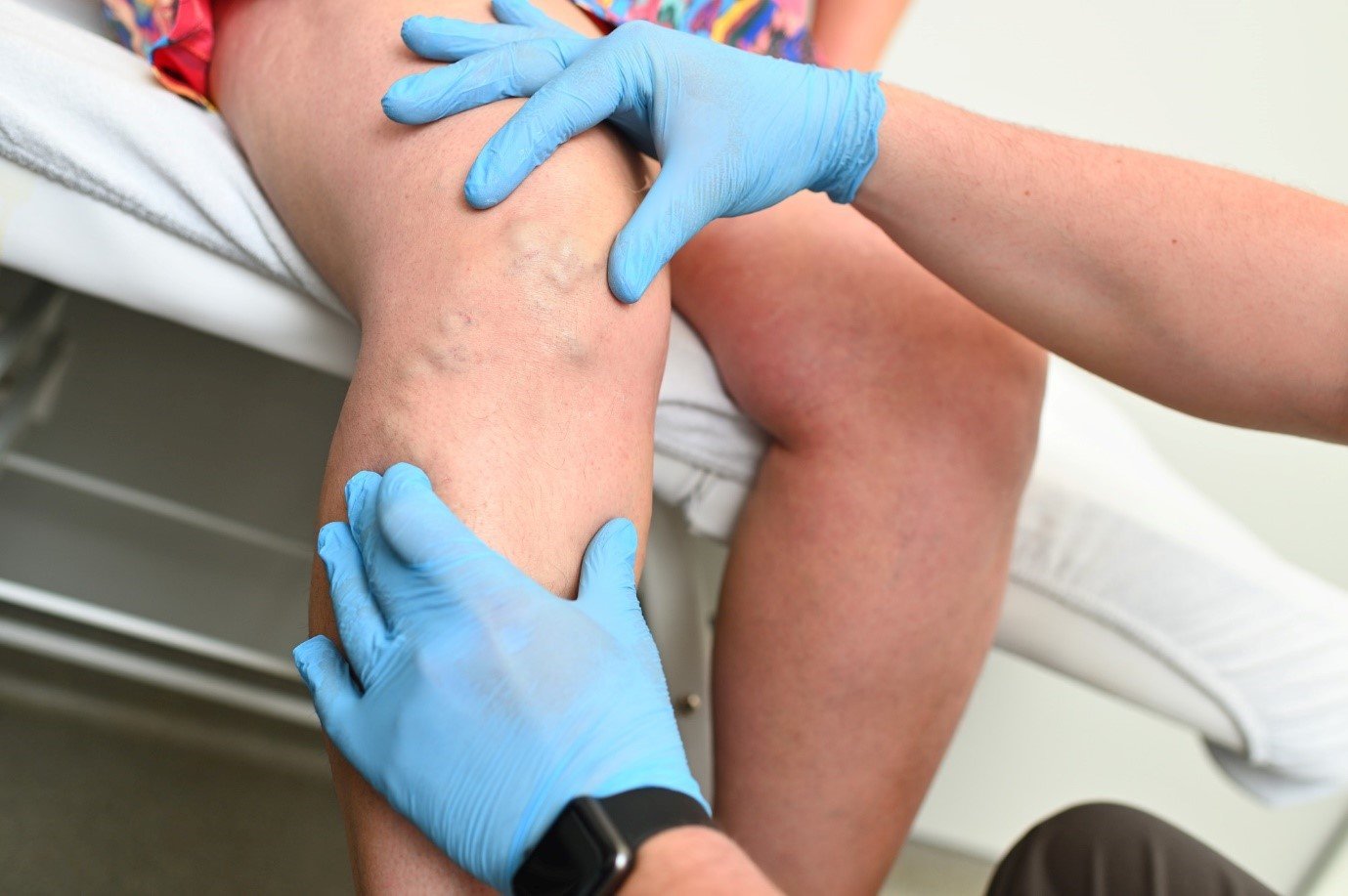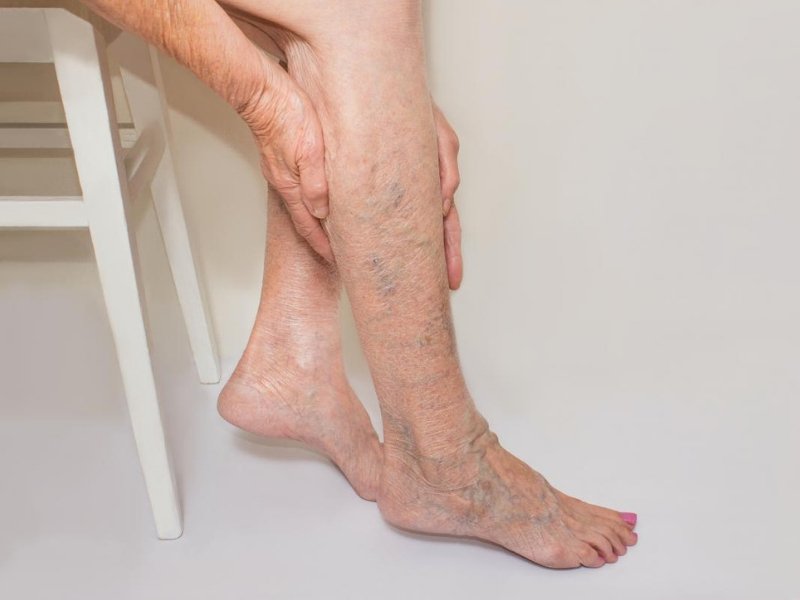If you’ve ever experienced swollen, twisted veins in your legs, you might be dealing with varicose veins. These enlarged veins can cause discomfort and sometimes even pain. But when should you start considering consulting a specialist in Mumbai for your varicose veins? In this article, we’ll explore the signs, symptoms, and when it’s crucial to seek professional medical advice.
1. Understanding Varicose Veins
Varicose veins are a common vascular condition characterized by the swelling and twisting of veins, usually in the legs. They occur when the valves in the veins weaken or fail, causing blood to pool and veins to become enlarged. Although varicose veins are often harmless, they can lead to discomfort, pain, and other complications if left untreated.
2. Recognizing the Symptoms
Signs of varicose veins include visible blue or purple veins, aching or throbbing pain, a heavy or tired feeling in the legs, and itching or burning sensations. If you notice any of these symptoms, it’s a good idea to start paying attention to your vein health.
3. Lifestyle Changes and Home Remedies
In mild cases, lifestyle changes and home remedies can provide relief. Regular exercise, elevating your legs, avoiding prolonged sitting or standing, and wearing compression stockings can help improve blood circulation and alleviate discomfort.
4. Importance of Seeking Medical Consultation
When the symptoms of varicose veins start affecting your daily life or become more severe, it’s time to consult a specialist. Ignoring the symptoms can lead to complications such as blood clots or ulcers.
5. Choosing the Right Specialist in Mumbai
Finding the right specialist is crucial for proper diagnosis and treatment. Look for a board-certified vascular surgeon with experience in treating varicose veins. Check patient reviews and ask for recommendations if needed.
6. Treatment Options: What to Expect
During your consultation, the specialist will discuss various treatment options, including minimally invasive procedures like laser therapy, radiofrequency closure, and sclerotherapy. These procedures are designed to close off or remove the affected veins.
7. Embracing a Healthier Lifestyle
In addition to medical treatment, adopting a healthier lifestyle can make a significant difference. Maintaining a healthy weight, staying active, and avoiding tight clothing can help prevent varicose veins from worsening.
8. Prevention Is Better Than Cure
If you haven’t developed varicose veins yet, there are steps you can take to prevent them. Regular exercise, maintaining a balanced diet, and avoiding prolonged sitting or standing can reduce your risk.
9. The Psychological Impact
Varicose veins can take a toll on your self-esteem and body image. It’s important to address the psychological impact and seek support from loved ones or a mental health professional if needed.
10. Living Confidently: Clothing and Fashion Tips
Choosing the right clothing and footwear can help you feel more confident while managing varicose veins. Opt for loose-fitting clothes and comfortable shoes that don’t constrict your circulation.
11. Addressing Common Misconceptions
There are several misconceptions about varicose veins. It’s essential to differentiate between facts and myths to make informed decisions about your vein health.
12. Partnering with a Specialist: What to Discuss
When consulting a specialist, prepare a list of questions and concerns. Discuss your medical history, lifestyle habits, and any symptoms you’re experiencing to determine the best treatment plan.
13. Exploring Advanced Treatment Techniques
For complex cases, advanced treatment options such as endovenous laser ablation (EVLA) and ambulatory phlebectomy may be recommended. These procedures offer high success rates and faster recovery times.
14. The Role of Diet and Exercise
Maintaining a healthy diet rich in fiber and antioxidants can promote good blood circulation. Regular exercise, particularly activities that engage your leg muscles, can also help prevent and manage varicose veins.
15. Conclusion
Varicose veins are a common vascular condition that can impact your quality of life. Recognizing the symptoms, seeking professional consultation, and making necessary lifestyle changes can help you manage and treat varicose veins effectively. Remember that early intervention and a holistic approach are key to maintaining healthy veins and overall well-being.
FAQs
- Are varicose veins only a cosmetic concern?
Varicose veins can be more than just cosmetic. They can lead to discomfort, pain, and even complications if left untreated.
- Can exercise worsen varicose veins?
No, appropriate exercise can actually help improve blood circulation and alleviate symptoms.
- Is surgery the only option for treating varicose veins?
No, there are various minimally invasive treatment options available that are effective in treating varicose veins.
- Are varicose veins preventable?
While some risk factors are beyond your control, adopting a healthy lifestyle can significantly reduce your risk of developing varicose veins.
- Can men develop varicose veins too?
Yes, although they are more common in women, men can also develop varicose veins due to various factors.




